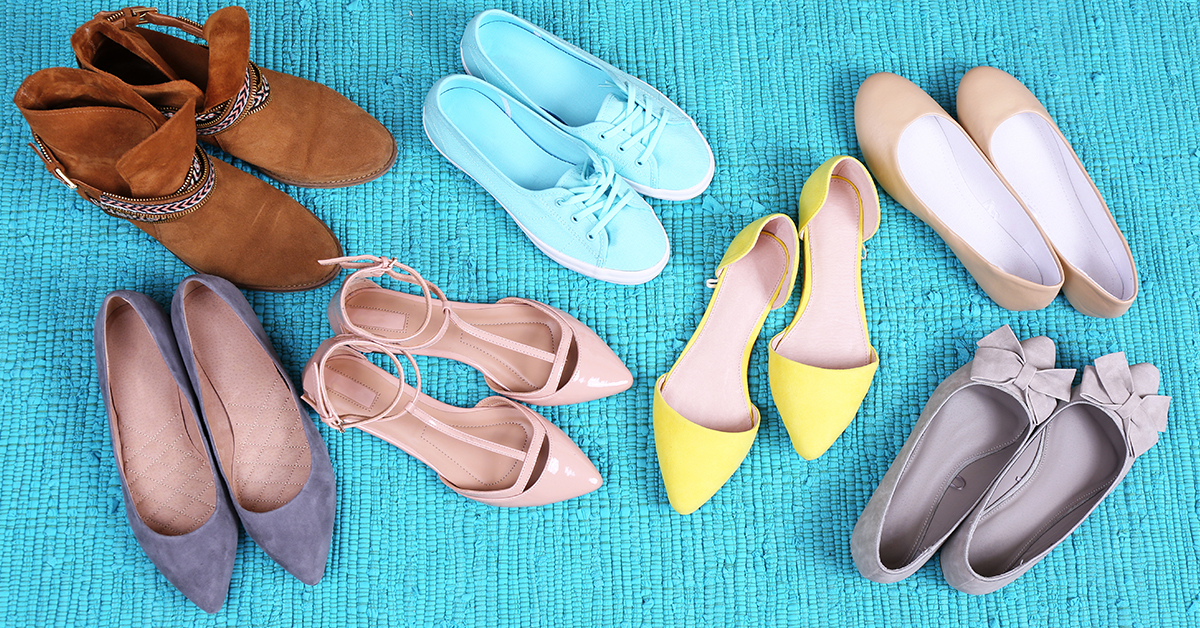
Best Shoes for Every Season
If you're living with foot pain and discomfort, you should be mindful about the shoes you wear. Here's why: Your shoes can either improve or exacerbate your foot pain. To make your shoe shopping experience a bit easier, we've compiled this guide of the best shoes for every season. These shoes are ideal if you'd like to keep your feet in optimal shape and prevent pain year-round.
Spring and Summer
Flip Flops
There's no denying that flip flops are convenient in the warmer months. As long as you choose the right pairs, you can protect your feet and wear them without worry. Make sure your flip flops offer good arch support and a snug strap. Ideally, they'd also feature a deep heel cup that allows for strong stability. Avoid any flip flops with high heels.
Ankle Strap Sandals
Comfortable sandals with a strap around the ankle are a great option. They offer great stability and allow for a natural gait pattern. Fortunately, there are many options on the market that are adjustable and come with built-in orthotics. Orthotics are inserts that can aid with foot pain and resolve any issues you may have while walking, standing, or running.
Fall and Winter
Boots
Boots can keep your feet warm and cozy during the colder seasons. Generally speaking, the wider your boots are, the better. This is particularly true if you're living with a condition like plantar fasciitis.
Try your best to stay away from narrow boots as they can be quite uncomfortable and place unnecessary pressure on your toes, heels, and feet. Believe it or not, boots with a tiny heel are actually a good choice as they can help raise your feet out of snow and water.
Tennis Shoes
If you like to wear tennis shoes because you're an athlete or simply find them comfortable or attractive, there are certain features you should look for. The ideal tennis shoes will have excellent arch support, a plush cushion, and a chunky heel. Insoles that add an extra level of support and comfort are important as well.
If you're unsure of which shoes to wear and buy, don't hesitate to consult your primary care doctor or podiatrist. They can evaluate any shoes that you have in mind and help you make informed decisions that are right for your long-term foot health.

